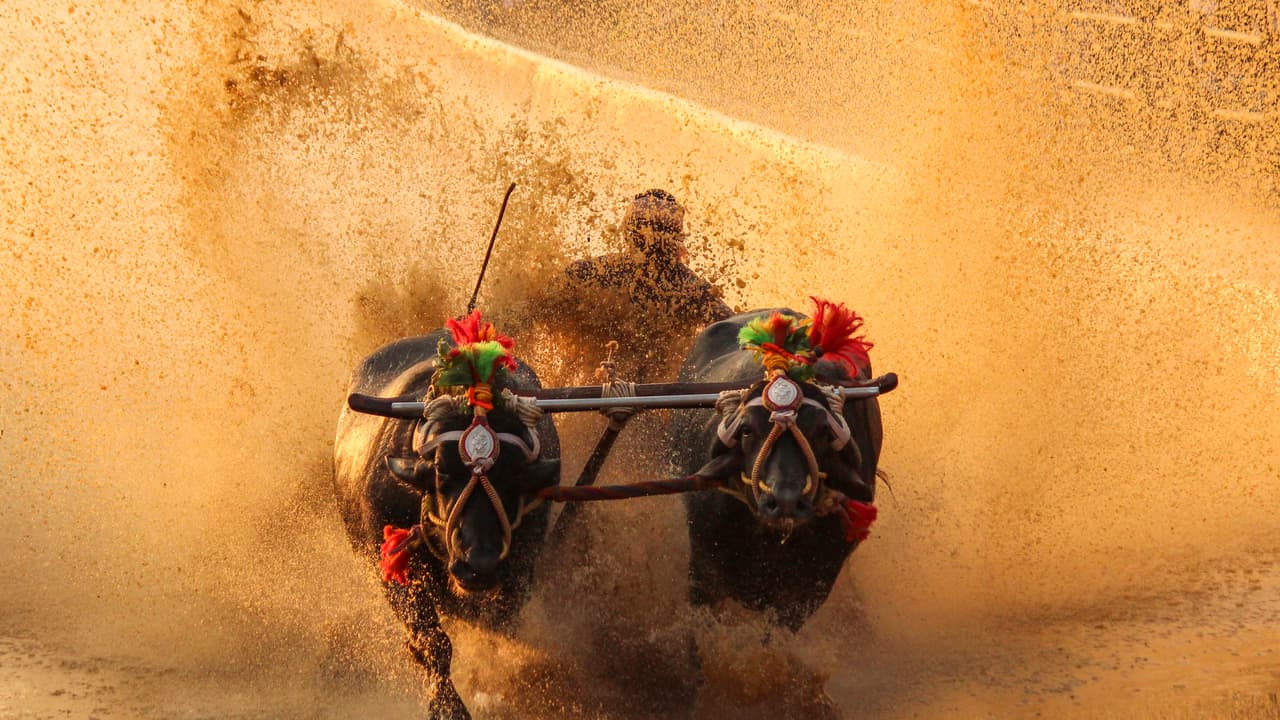The Karnataka High Court ruled that Kambala, the traditional bull race, can be held statewide, including Bengaluru, rejecting PETA’s plea to restrict it to coastal districts. However, such events must follow animal welfare laws.
Bengaluru: The Karnataka High Court has ruled that the traditional bull racing event known as Kambala can be organized throughout the state, dismissing animal rights group PETA’s argument that the event should be confined to its places of origin in Dakshin Kannada and Udupi districts. PETA had approached the court seeking to block Kambala events in Bengaluru and other areas beyond the coastal districts where the tradition historically originated. The organization argued that expanding the event to urban centers like Bengaluru was driven by profit motives rather than genuine cultural preservation. Senior lawyer Dhyan Chinnappa, representing PETA, emphasized that the central question was about geographical boundaries for the event. He maintained that Bengaluru had no historical connection to Kambala racing and therefore shouldn’t host such events.
The bench comprising Chief Justice NV Anjaria and Justice KV Aravind questioned whether any statutory provision actually restricts where Kambala can be held. The judges indicated they would not impose limitations unless explicitly mandated by law, noting that courts typically defer to legislative authority on such matters, including sporting events. The court observed that a tradition rooted in one region still represents the broader cultural heritage of the entire state. Restricting it geographically after carving out legal exceptions specifically to preserve such customs would be contradictory, the judges reasoned.
Cultural Tradition and Animal Welfare
Advocate General Shashi Kiran Shetty defended the state’s position by arguing that cultural events should be promoted wherever suitable conditions exist. He drew parallels to horse transportation for events, noting that similar logistics apply to bulls. Shetty assured the court that comprehensive regulations govern how Kambala is conducted in Bengaluru, including strict protocols for transporting animals from Mangalore. He emphasized that the state aims to showcase its cultural traditions while fully complying with animal welfare standards, and offered to implement any additional safeguards the court deemed necessary.
However, the court expressed reservations about holding Kambala at specific venues, particularly near Pilikula Biological Park. The judges questioned whether converting protected ecological areas into event venues was appropriate, stressing that designated biological parks must be respected for their intended purpose. The court directed authorities to clarify what activities are permissible within such protected zones under existing master plans and regulations.
While broadly allowing Kambala events statewide, the court temporarily prohibited any events near the zoo premises until further hearings. The judges specified that the next session would focus solely on whether Kambala can be held near Pilikula Park. For all other purposes, the court closed PETA’s public interest litigation without imposing geographical restrictions on Kambala events across Karnataka, provided they comply with applicable animal welfare laws and the state’s 2017 regulations governing such traditional sports.
